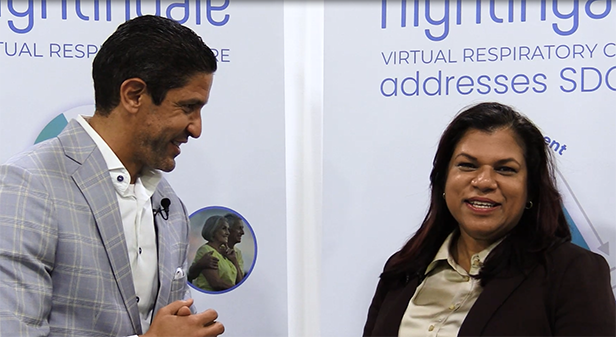 Employees continue to seek increased flexibility from employers. Beyond the flexible working arrangements that typically spark these types of discussions, employers can also deliver flexibility through their benefits programs.
Employees continue to seek increased flexibility from employers. Beyond the flexible working arrangements that typically spark these types of discussions, employers can also deliver flexibility through their benefits programs.
Multigenerational households are rising in the U.S., increasing four-fold between 1971 and 2021. These households come in various forms but can be broadly defined as including two or more adult generations. Employees with multigenerational living arrangements bring unique needs and expectations to their workplace.
With different generations under one roof, caregiving responsibilities often expand as older adults take on unexpected childcare, or members of the "sandwich generation" find themselves caring for their young children and their aging parents. Today, one in five Americans has provided care for an older or special needs adult in the last 12 months.
With employee recruitment and retention at a premium now, there's an opportunity for employers to think beyond traditional benefits and add options that recognize the needs of employees and their families more holistically.
Addressing multigenerational household needs through benefits
Employee benefits strategies provide an effective way for employers to address diverse needs and support multigenerational and non-traditional families. Here are three ways for employers to assess employee needs and their programs before they explore specific solutions:
1. Consider hidden needs
Employers need to track demographic and psychographic trends to understand the behind-the-scenes needs of employees. At the same time, employees have various health needs and they require benefits packages that support all areas of their lives.
While employees can be reluctant to raise specific needs related to their family situations, recognizing the increasing likelihood of multigenerational households and the potential increase in caregiving responsibilities helps employers proactively and creatively respond with tailored resources and benefits.
For example, one in three women has considered changing jobs or leaving the workforce altogether in the past year due in large part to the disproportionate share of caregiving responsibilities they shoulder. Providing a care concierge benefit that helps employees navigate the logistical and household concerns that arise due to a life-changing health diagnosis or long-term care needs can help lessen the caregiving burden. In turn, employees feel supported, better able to balance work and life and less distracted while at work.
2. Help employees put the pieces together
To provide benefits that support the holistic well-being of employees, employers need to take a whole-person view of how the solutions they offer work together. From there, they can help employees see the linkages between benefits and connect the dots with other resources, which helps alleviate the stress and confusion that comes with making health care decisions and finding resources. This also helps take the burden off of employees.
Employers need carriers that offer integrated products and processes that help to identify related solutions and offer educational resources. This can be as simple as supporting employees as they or their family members navigate changes in health insurance, such as seniors transitioning to Medicare, or adult children transitioning off of their family's health plan and onto their own.
3. Build in flexibility
Employees continue to seek increased flexibility from employers. Beyond the flexible working arrangements that typically spark these types of discussions, employers can also deliver flexibility through their benefits programs.
It's essential that companies offer flexible paid and unpaid leave options as part of their benefit programs that accommodate a range of employee and caregiver needs. Flexible leave options, including leave under the Family Medical Leave Act (FMLA), give employees options when they need to take days off to care for a family member or for an hour or two at a time for doctor's appointments.
Enhancing benefit solutions with multigenerational households in mind can help employers meet unspoken employee needs and bolster recruiting and retention efforts.
Learn more about how Harvard Pilgrim Health Care, a Point32Health company, can help employers deliver a benefits package to support diverse employee and family needs.
© 2024 ALM Global, LLC, All Rights Reserved. Request academic re-use from www.copyright.com. All other uses, submit a request to [email protected]. For more information visit Asset & Logo Licensing.






